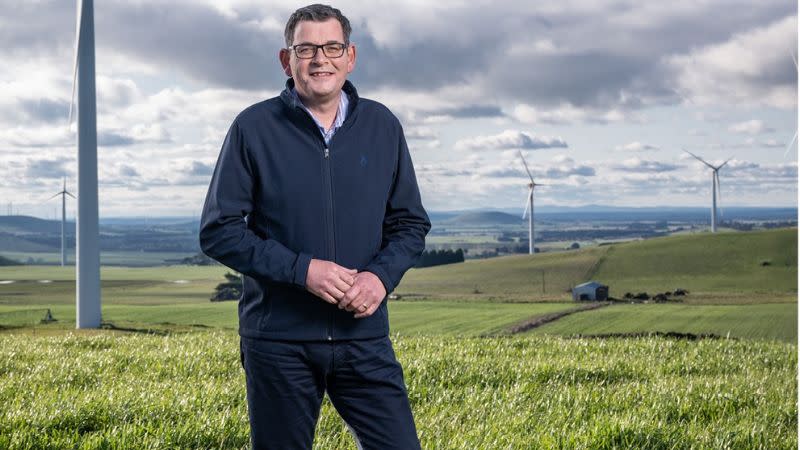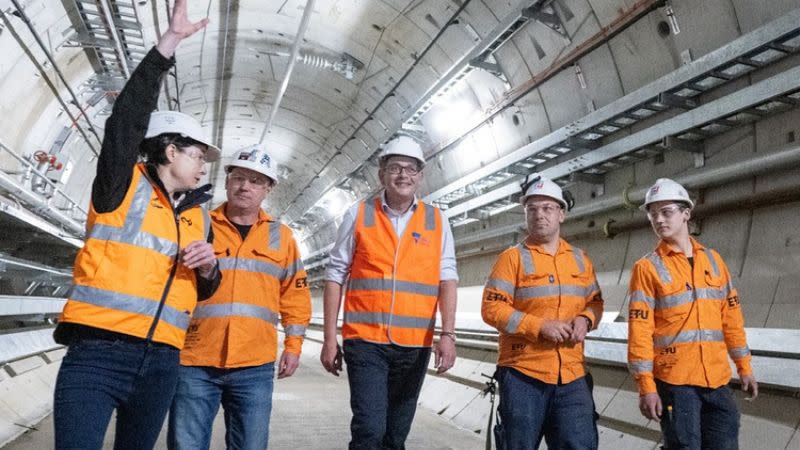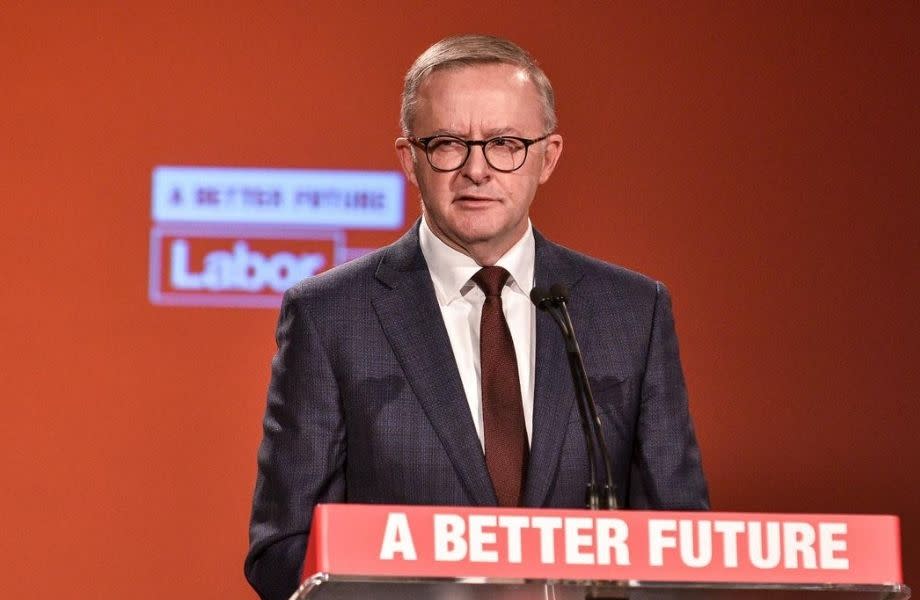Daniel Andrews Bows Out with ‘Profound’ Housing Reform

“I knew, as we got to the final stages of that [the housing reform], that it would perhaps be the last big reform that I did.”
The announcement by Daniel Andrews that he was stepping down as Victorian premier after being in the job for nine years was as sudden as it was unexpected.
It came just a few days after he announced a long-awaited housing statement that would highlight moves to reform housing and planning policies in Victoria.
“I leave knowing that the housing statement, one of the most profound shakeups in one of the most important policy areas, will guarantee that Victorians across the state have somewhere to call home,” Andrews said.
The reforms promise 800,000 new homes in Victoria along with changes to its planning system to help speed up approvals.
A dedicated team within the Department of Transport and Planning to review multi-unit projects costing more than $10 million after about 1400 planning permit applications for multi-unit housing were found to not have been assessed by councils for more than six months.
Among those projects, there were an estimated 78 that cost more than $10 million each.
In a state concerned with enough housing supply to meet the demand, that equates to 4900 new homes that need to be assessed let alone delivered.
The change is also hoped to avoid delays in assessments of planning matters being considered by the Victorian Civil and Administrative Tribunal.
Housing has been a key focus for Andrews during his term.
A slew of projects for social housing have been delivered, and more still begun under the Big Housing Build program. There was also a plan to refurbish and redevelop 44 social housing estates announced at the weekend.

He also announced that the Development Facilitation Program would be expanded so that Sonya Kilkenny as Victorian planning minister would be the main decision-maker for significant residential developments, including affordable housing.
These will be medium to high-density developments that cost at least $50 million in Melbourne or $15 million in regional Victoria with at least 10 per cent set aside for affordable housing.
It will include build-to-rent projects but Kilkenny will be able to approve projects that don’t meet that criteria if best practice design and environmental standards are met.
The government believes this will help deliver around 13,200 homes that would otherwise be delayed.
Legislation overhauls, activity centres as a focal point for home building, updates to design standards and Deemed to Comply residential standards were also part of the statement.
In addition, there are a large number of public infrastructure projects from the West Gate Tunnel, to the duplication of several lines, upgrades of others and removal of level crossings that came under the Big Build project, that Andrews oversaw during his run as premier.

The social housing and infrastructure projects also to contend with delays and cost blowouts in the wake of the pandemic and due to the construction crisis of supply chain issues and increased labour and material costs.
Andrews also made the decision to cancel the Commonwealth Games which were to be held in several regional Victorian centres in 2026.
“At the end of the day, I am not going to take billions of dollars out of hospitals and schools [for the Games],” Andrews said at the time.
“But not everyone will agree with that.”
Anrews led the party to three election victories including two that increased its voting majority, in 2018 and 2022, and has outlasted six prime ministers, coming to power just as Julia Gillard was elected.
He said that he was stepping down because he had realised the toll that the work and the role was taking on his time with his family and his personal life.
“I am worse than a workaholic,” Andrews said.
“The only way I know how to do this job is to have it consume me, to have it define me.
“To a certain extent, every waking moment is about the work and that takes a toll.”
Andrew was also leader of the Victorian Labor party for 13 years.
He said that he had spoken to Prime Minister Anthony Albanese about his departure.
“I think he was a bit shocked,” Andrews said.
“I thanked him for the opportunity because it has been a long time.”

Albanese told media on Tuesday he had been told of Andrews’ decision earlier in the day, saying his contribution as eader could be measured in many ways.
“But what you can measure it on is the fact that he is a builder,” Albanese said.
“He has built enormous infrastructure benefits for Victoria.
“He’s rebuilt a health system—a passion of his from his time as health minister, and indeed, during the pandemic as well.
“He’s rebuilt schools, and in the announcement that he's made, as well, last week, he's determined to deal with the challenges of housing.”
The Labor Party caucus is due to meet at noon Wednesday to chose a new leader.
Andrews is to step down from the role at 5pm Wednesday, indicating that he may move to the private sector in the future.
“To be honest, I’ve spent a long time in the public sector,” Andrews said Tuesday.
“I think it highly unlikely that I'll spend too much more time in the public sector after five o’clock tomorrow.”
Deputy premier Jacinta Allen is widely tipped as successor but Andrews said he won’t be putting anyone forward as that would interfere with the caucus process.
Andrews will also step down as the Member for Mulgrave.














